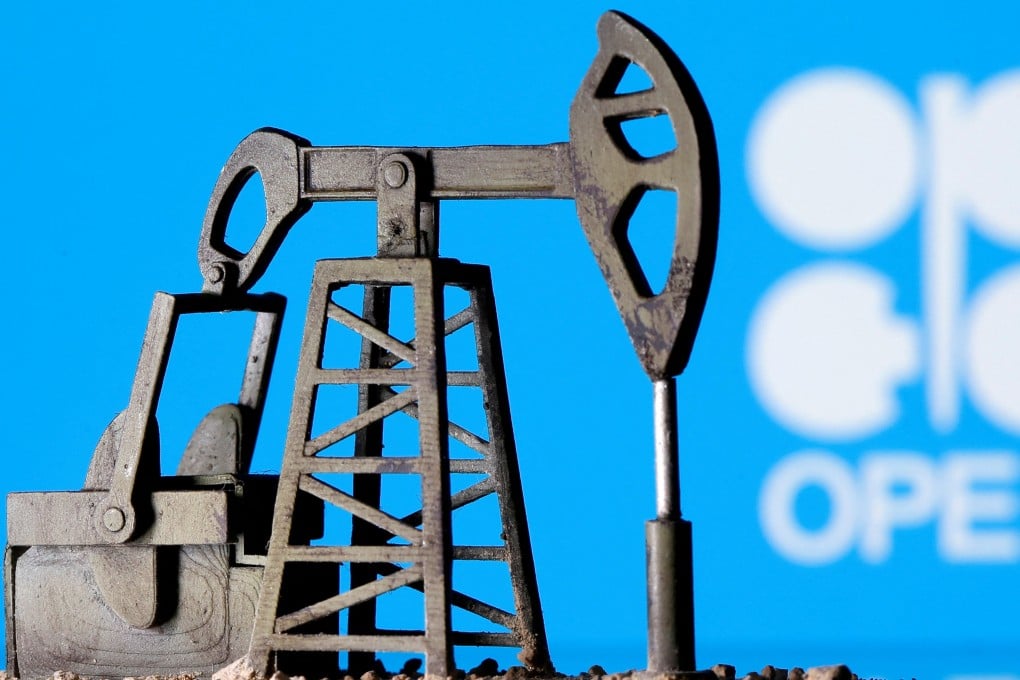Advertisement
Opec+ agrees no change to oil policy, production targets
- Opec+ maintained its oil policy amid G7 price cap on Russian oil, and a slowing Chinese economy
- Decision to retain output target comes two days after G7 nations agreed on a US$60 per barrel cap on Russian seaborne crude
Reading Time:2 minutes
Why you can trust SCMP
2

Opec+ agreed to stick to its oil output targets at a meeting on Sunday, two Opec+ sources told Reuters, as the oil markets struggle to assess the impact of a slowing Chinese economy on demand and a G7 price cap on Russian oil on supply.
The decision comes two days after the Group of Seven (G7) nations agreed a price cap on Russian oil.
Opec+, which comprises the Organization of the Petroleum Exporting Countries (Opec) and allies including Russia, angered the United States and other Western nations in October when it agreed to cut output by 2 million barrels per day, about 2 per cent of world demand, from November until the end of 2023.
Advertisement
Washington accused the group and one of its leaders, Saudi Arabia, of siding with Russia despite Moscow’s war in Ukraine.
Opec+ argued it had cut output because of a weaker economic outlook. Oil prices have declined since October due to slower Chinese and global growth and higher interest rates, prompting market speculation the group could cut output again.
Advertisement
Advertisement
Select Voice
Select Speed
1.00x